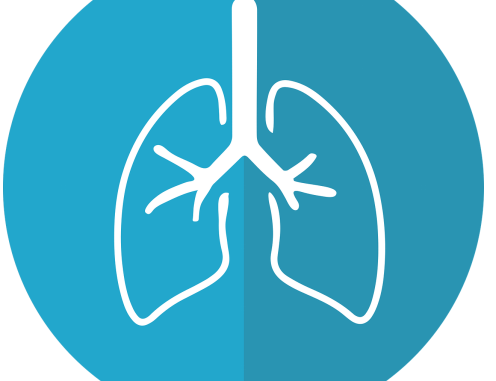
February is American Heart Month, and being that heart disease is the leading cause of death in the United States, it makes this month a particularly crucial time to discuss heart health. While there are genetic factors at play with heart disease, there are also many ways in which heart disease is preventable through awareness and action.
So let’s dedicate this time to spreading awareness to what contributes to heart disease and how we can actively prevent it. To start, here are some habits to incorporate into your daily life to maintain a healthy heart:
1. Exercise more often
Exercise is a key component to keeping your heart healthy. If you work at an office job, you likely spend most of your day sitting at a desk, which means that you’re not moving. A sedentary lifestyle isn’t conducive to heart health, so you will need some extra attention in the world of physical activity.
Try implementing small changes to your workday, like finding a trail to walk on your lunch break, taking the stairs instead of the elevator, or even using a standing desk in your office space. Incorporating exercises meant to boost heart health into your routine will also help you in your fight against heart disease.
2. Create better eating habits
Diet and exercise go hand in hand. Engaging in physical activity regularly and having a well-balanced diet full of heart-healthy foods are equally as important for your health, especially when it comes to matters of the heart. Weight loss, for example, can lower your risk of heart disease, but if you want results, all the exercise in the world won’t matter if you don’t properly fuel your body as well.
Taking control of your diet allows you to be an active participant in your heart health. Enrolling in an interactive weight loss program that allows you to manage and track various aspects of your diet fosters a sense of accountability for your health. By investigating the nutritional information of the food you eat, you will gain a better understanding of your diet and you will become a better-informed and health-conscious consumer.
3. Quit smoking
The simple advice is to just stop, but we all know it’s easier said than done. The first step is to decide that you want to quit, that you want to better your health, and that you understand it won’t be an easy task, but it is one you want to start. If you struggle with quitting, there are many resources that can help you along your journey.
4. Tackle your stress
Stress affects your health in many ways. When you are under too much stress, it can lead to problems with anxiety, depression, eating habits, weight gain, and of course, heart disease. The best way to combat your stress is to find coping techniques or activities that work for you, like meditating, journaling, practicing yoga, or getting more rest. If you feel as though these activities are not making the impact you are looking for, you may benefit from working with a counselor or other trained professional to help create tailored solutions for handling your stress.
5. Practice good oral hygiene
It might feel like this is out of place on this list, but studies show gum disease increases your chances of having heart disease. Brushing your teeth twice a day and flossing consistently will help maintain a healthy mouth. It’s also important to change your toothbrush every three months, just like the dentist suggests. There are some great subscription services, like Quip, that mail you a new brush head every three months so you won’t have to do the mental math of when exactly you last bought your toothbrush. When you get a new brush head in the mail, you’ll know it’s time for a change!
Incorporating any or all of these habits into your life will positively impact your heart health. Once you start actively pursuing a healthy lifestyle, you will find these tips and those listed in many other places to be both doable and enjoyable!

Leave a Reply